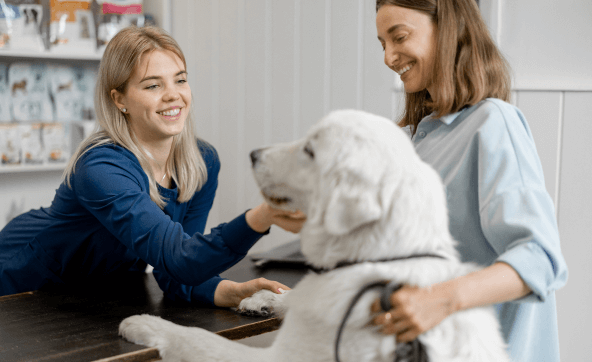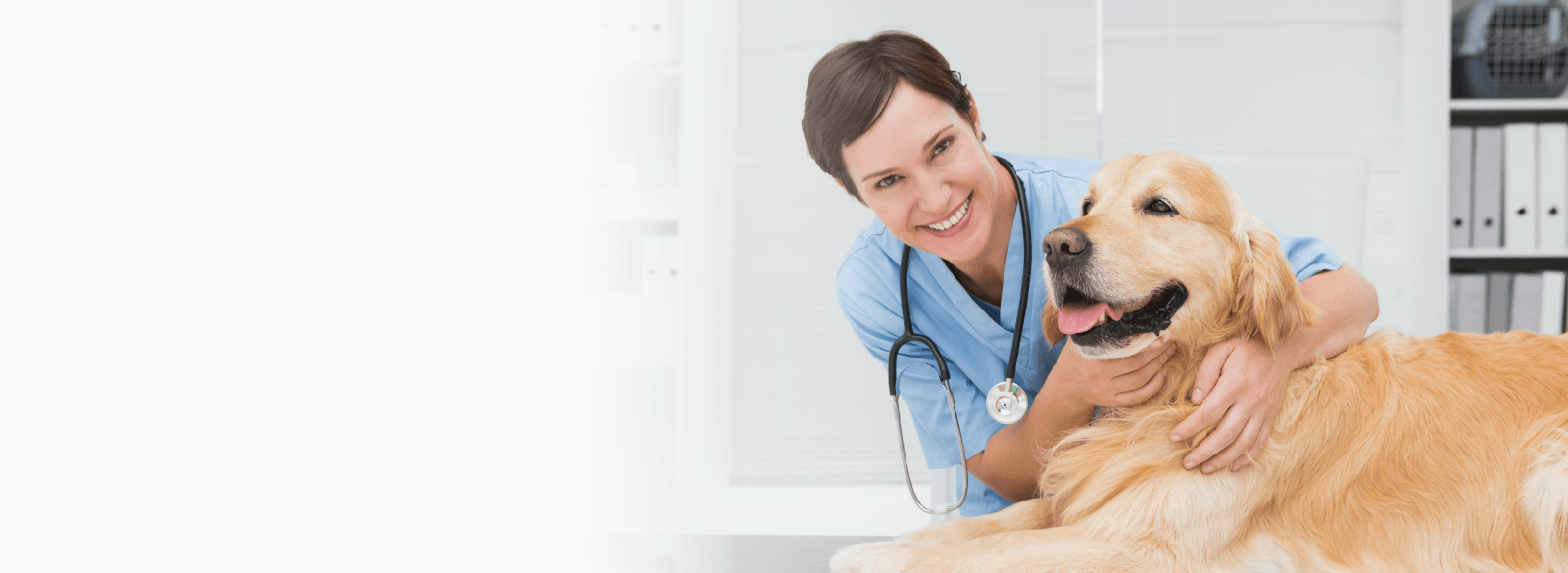
About Us
We understand that a pet is part of the family. The day your pet enters our hospital it becomes part of our family, too—and our goal is to give them as many happy, healthy years with you as possible. From new puppies and kittens to graying seniors, we’ll be there every step of the way with comprehensive services and the experienced, compassionate care your pets deserve.

